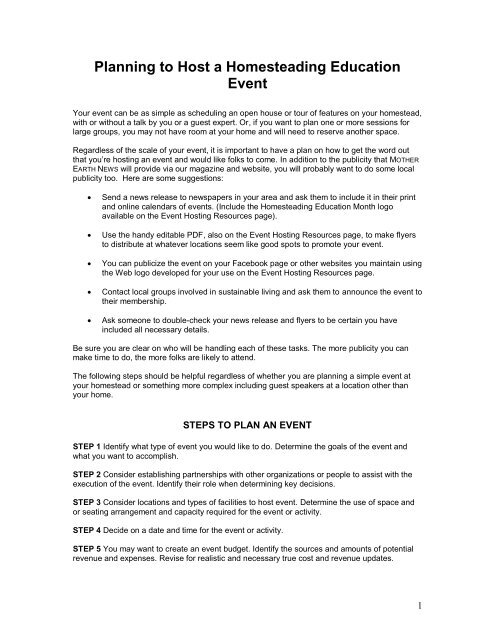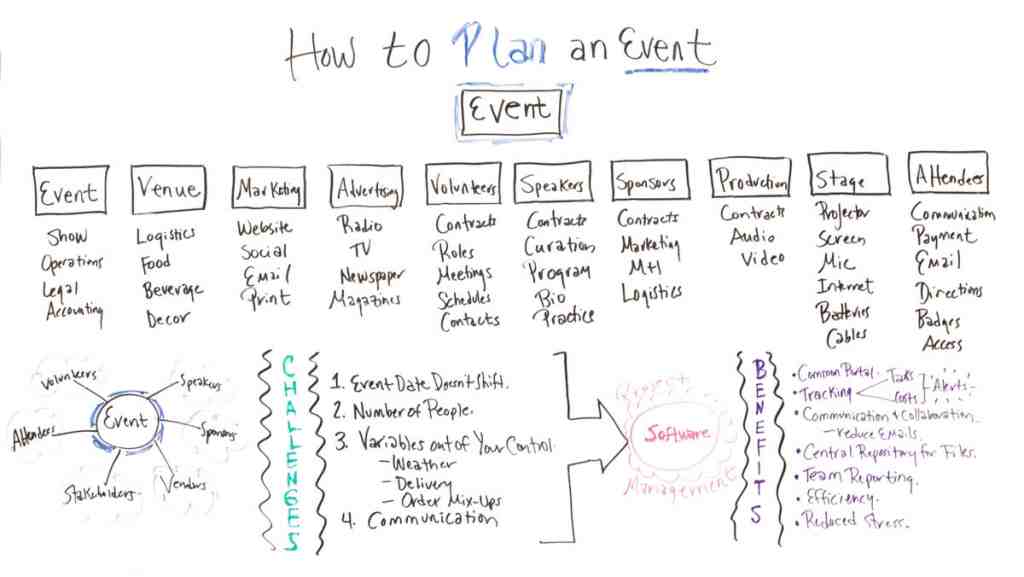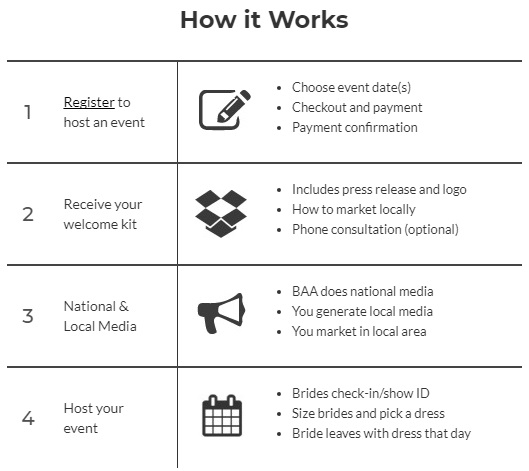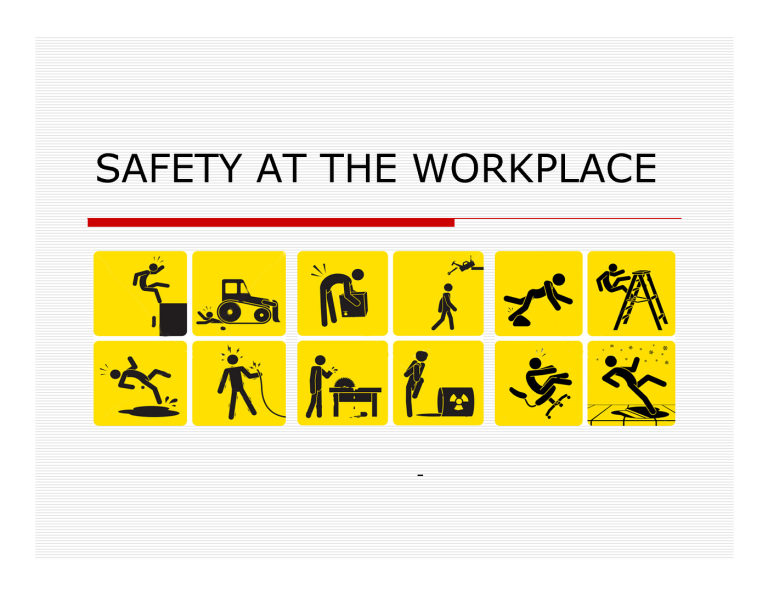How To Host An Event?
To host an event, start by selecting a suitable venue and date. Then, create a detailed plan with a budget, and book necessary services such as catering, décor, and entertainment.

Credit: www.yumpu.com
Choosing An Event Type
When hosting an event, choosing the right event type is crucial. It sets the tone, purpose, and overall experience for attendees. Before diving into the planning process, take the time to identify the purpose of the event and consider the target audience. Here’s how to get started:
Identify The Purpose Of The Event
The first step in choosing an event type is to identify the purpose of the event. What do you want to achieve? Is it a corporate conference to educate and inspire employees? A charity fundraiser to raise money for a cause? Or a product launch to create buzz and generate sales? By clearly defining the purpose, you can narrow down the options and create an event that aligns with your goals.
Consider The Target Audience
While identifying the purpose of the event, it’s crucial to consider the target audience. Who are the people you want to attend? Are they business professionals, families, young adults, or a specific niche group? Understanding your audience demographics and interests will help you choose an event type that will cater to their preferences and maximize attendance.
To further support your decision-making process, consider the following factors:
- Venue capacity: Ensure the event venue has the capacity to accommodate the number of attendees you’re expecting. This prevents overcrowding or underutilization of space.
- Budget: Determine the budget allocated for the event. Different event types have varying cost implications, so choose one that aligns with your financial resources.
- Duration: Decide whether your event will be a one-day affair or span multiple days. This will impact the event type, as certain formats are better suited for shorter durations.
- Theme and atmosphere: Consider the desired atmosphere you want to create at your event. Will it be formal, casual, interactive, or educational? This will influence the event type and decor choices.
- Logistics and resources: Evaluate the logistical requirements and resources needed for each event type. Will you need extra equipment, staff, or specific arrangements? Understanding these needs will assist in making an informed decision.
In conclusion, carefully choosing the event type is vital for hosting a successful event. By identifying the purpose of the event and considering the target audience, you can make an informed decision that aligns with your goals and maximizes attendee satisfaction. Understanding factors such as venue capacity, budget, duration, theme, and logistics will further support your decision-making process.
Determining Event Logistics
When planning an event, determining the logistics is a crucial step. The success of your event depends on selecting the right date and time, securing an appropriate venue, and planning the event schedule. In this section, we will dive deeper into each of these aspects and explore how to make informed decisions.
Selecting The Date And Time
Choosing the perfect date and time for your event is essential. Consider factors such as the target audience, weather conditions, and any competing events that might affect attendance. To ensure maximum participation, here are a few tips:
- Research your target audience to understand their preferences and availability.
- Check the calendar for any major holidays or local events that may conflict with your desired date.
- If it’s an outdoor event, factor in seasonality and weather conditions.
Securing An Appropriate Venue
The venue sets the stage for your event and can make or break the attendee experience. Finding the right venue involves careful consideration of various factors. Here’s what you need to keep in mind:
- Estimate the number of attendees to ensure the venue can accommodate the crowd comfortably.
- Check the location and accessibility of the venue, considering factors like parking facilities and public transportation options.
- Review the venue amenities such as audiovisual equipment, seating arrangements, and catering services.
- Consider the ambiance and overall atmosphere the venue provides, ensuring it aligns with the event’s theme and purpose.
Planning The Event Schedule
An organized and well-planned event schedule is crucial for keeping attendees engaged and ensuring a smooth flow of activities. To create an effective event schedule, follow these guidelines:
- Outline the main activities or sessions that will take place during the event.
- Allocate appropriate time slots to each activity, considering factors like presentation length, breaks, and networking opportunities.
- Ensure there is sufficient time for attendees to move between activities or sessions.
- Communicate the schedule to all stakeholders, including speakers, vendors, and attendees.
- Allow flexibility in the schedule to accommodate any unforeseen circumstances or last-minute changes.
Creating A Budget
One of the most crucial aspects of hosting a successful event is creating a budget. Without a well-planned budget, you may find yourself overspending or running out of funds before the event is even over. To ensure your event runs smoothly and within your financial means, it is important to estimate expenses and identify potential sources of funding.
Estimating Expenses
Estimating expenses is the first step in creating a budget for your event. By determining the various costs associated with hosting the event, you can allocate your funds accordingly. Here are some factors to consider when estimating expenses:
- Venue rental: Include the cost of renting the venue, any additional fees, such as cleaning or setup charges.
- Decorations: Take into account the cost of decorations, such as flowers, centerpieces, and any themed items you may need.
- Food and beverages: Calculate the cost of catering, whether it’s a buffet, a sit-down dinner, or finger foods. Don’t forget to include drinks, both alcoholic and non-alcoholic.
- Entertainment: If you plan on having live music, a DJ, or any other form of entertainment, consider the fees associated with hiring them.
- Marketing and promotion: Factor in the costs of advertising, printing flyers, social media campaigns, and any other promotional materials or activities.
- Staffing: Determine how many staff members you will need, whether it’s event coordinators, security, or volunteers, and include their wages or stipends.
- Miscellaneous expenses: Account for any additional expenses, such as equipment rentals, transportation, or permits/licenses, that may apply to your event.
Identifying Potential Sources Of Funding
Once you have estimated your expenses, it’s time to explore potential sources of funding. Finding financial support for your event can help alleviate some of the burden on your budget. Here are some avenues to consider:
- Sponsorships: Reach out to local businesses or organizations that may be interested in sponsoring your event in exchange for exposure.
- Grants: Research and apply for grants that are relevant to your event’s purpose or target audience.
- Ticket sales: If your event is open to the public, consider selling tickets to generate revenue.
- Crowdfunding: Utilize online platforms to create a crowdfunding campaign where individuals can contribute to your event.
- Partnerships: Collaborate with other individuals or organizations that have aligned interests and could potentially contribute financially.
By estimating your expenses and identifying potential sources of funding, you can create a comprehensive budget that ensures your event is financially sustainable. Remember to regularly review and revise your budget as the planning process evolves to stay on track.
Promoting The Event
When it comes to hosting an event, promotion plays a crucial role in attracting attendees and creating buzz. An effective marketing strategy is essential to spread the word about your event and maximize participation. This section will dive into developing a marketing strategy and utilizing popular social media platforms to ensure your event reaches the desired audience.
Developing A Marketing Strategy
A well-crafted marketing strategy is the backbone of any successful event. Here are some key steps to develop an effective plan:
- Define your target audience: Start by identifying the people who would benefit most from attending your event. Understanding their needs and preferences will guide your promotional efforts.
- Create a compelling message: Craft a concise and engaging message that highlights the unique selling points of your event. Emphasize the value it will bring to attendees and what sets it apart from other similar events.
- Choose the right channels: Identify the most suitable marketing channels to reach your target audience effectively. This may include email marketing, social media platforms, websites, or collaborations with relevant influencers or partners.
- Set a budget: Determine a realistic budget for your marketing activities. Allocate resources wisely to ensure a balanced and effective promotion campaign.
- Design eye-catching visuals: Invest in visually appealing graphics that reflect the theme and essence of your event. These visuals can be used across various channels to grab attention and generate interest.
- Use data-driven insights: Leverage data analytics tools to analyze past event performance and audience behavior. This data will help you identify trends, improve marketing strategies, and optimize promotional efforts.
- Implement a timeline: Create a detailed timeline that outlines when and how each marketing activity will be executed. This will ensure a systematic and organized approach to promotion.
Utilizing Social Media Platforms
In today’s digital age, social media platforms are powerful tools for promoting events. Here’s how you can utilize them effectively:
- Choose the right platforms: Determine which social media platforms align with your target audience’s preferences and engage actively on those platforms.
- Create compelling content: Develop engaging and share-worthy content that sparks interest and encourages participation. Share event highlights, testimonials from previous attendees, and interactive posts to generate buzz.
- Utilize event hashtags: Create a unique and memorable event hashtag that attendees can use when posting about the event. Encourage participants to share their experiences using the hashtag, expanding the event’s reach organically.
- Collaborate with influencers: Identify influencers or industry leaders whose audience aligns with your target audience. Partner with them to promote your event and leverage their reach and influence.
- Engage with your audience: Actively respond to comments, messages, and inquiries on social media platforms. Engage in conversations, provide timely information, and maintain a positive and approachable online presence.
- Run paid advertisements: Consider investing in paid social media advertisements to widen the reach of your event. Target the ads based on demographics, interests, and location to reach the right audience.
Managing Event Operations
Managing event operations is a critical aspect when it comes to hosting a successful event. Whether it’s a corporate conference, a wedding, or a charity fundraiser, effective management ensures that everything runs smoothly from start to finish.
Coordinating With Vendors And Suppliers
Coordinating with vendors and suppliers is an essential part of event management. It involves finding the right suppliers, negotiating contracts, and ensuring timely delivery of services and products. To streamline this process, it is crucial to create a comprehensive vendor list that includes contact information, services provided, and relevant deadlines.
Here’s how you can effectively coordinate with vendors and suppliers:
- Research potential vendors and suppliers who align with your event requirements.
- Reach out to them with a detailed request for proposal (RFP) or request for quotation (RFQ) email.
- Review the proposals received and shortlist vendors based on their suitability, experience, and pricing.
- Negotiate terms and conditions, including deliverables, payment schedules, and cancellation policies.
- Create a clear timeline with deadlines for each vendor task to ensure smooth coordination.
- Regularly communicate with vendors and suppliers to address any questions, concerns, or changes.
- Regularly check and update the vendor list with the latest contact information and status updates.
Ensuring Smooth Execution On The Event Day
Ensuring a smooth execution on the event day requires careful planning and coordination. It involves overseeing various aspects, such as event setup, technical requirements, and guest management. To achieve this, having a detailed event day timeline and effective communication channels are crucial.
Here are some tips to ensure smooth execution on the event day:
- Create a comprehensive event day timeline that includes all essential tasks, from vendor setup to guest arrivals.
- Assign specific responsibilities to event staff or volunteers to avoid confusion.
- Conduct a final walk-through of the event venue to verify setup, lighting, audiovisual equipment, and other necessary arrangements.
- Ensure a seamless registration and check-in process by having a designated area and trained staff to assist attendees.
- Regularly communicate with vendors, suppliers, and staff to address any last-minute changes or challenges.
- Have a backup plan for any potential technical glitches, such as audiovisual or internet connectivity issues.
- Monitor the event throughout the day to ensure everything is running according to plan and make necessary adjustments if required.

Credit: taggbox.com

Credit: www.wikihow.com
Frequently Asked Questions On How To Host An Event?
How Do I Choose A Venue For Hosting An Event?
Choosing a venue for your event involves considering factors like capacity, location, amenities, and budget.
What Are The Key Elements Of Event Planning?
Key elements of event planning include setting objectives, creating a timeline, managing budgets, coordinating vendors, and promoting the event.
What Is The Importance Of Event Promotion?
Event promotion is crucial for attracting attendees, creating buzz, and generating excitement, ultimately leading to a successful event.
Conclusion
Hosting an event successfully requires careful planning, organization, and attention to detail. From setting clear objectives and selecting the right venue to promoting the event and managing logistics, each step plays a crucial role in ensuring its success. By following the guidelines and tips outlined in this blog post, you can be well-prepared to host an unforgettable event that leaves a lasting impression on your attendees.



